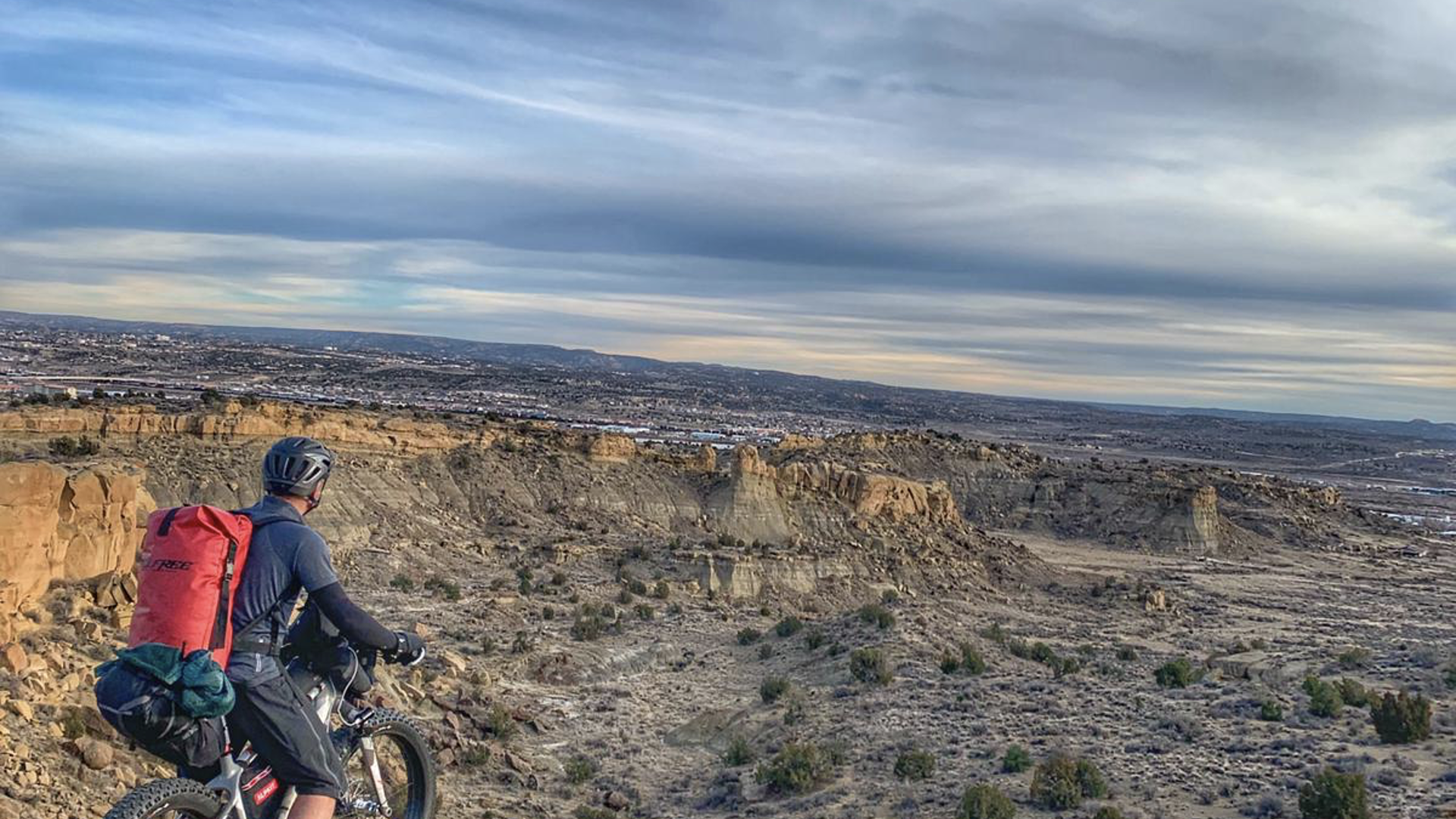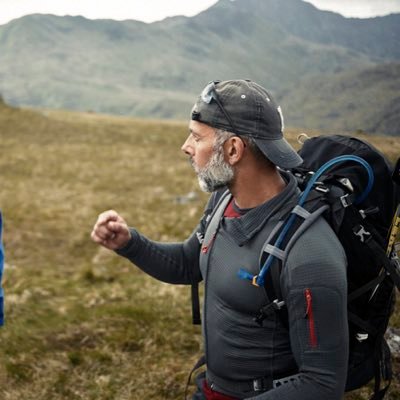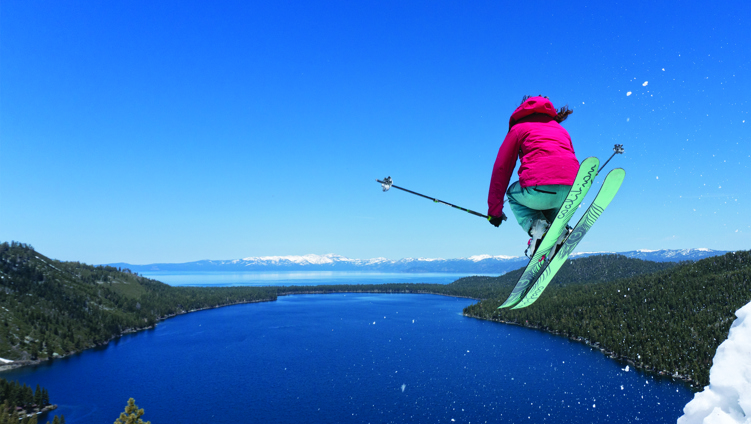
Just last weekend I had the pleasure of being the ‘surprise visiting Adventurer’ for an amazing camping trip organised by Outdoor People UK for city-based children and their families. We messed about, fed pigs, looked for unsuspecting woodland creatures that would be temporary camp pets such as Dave the Woodlouse or Steve the Slug (RIP Steve) and as the afternoon drew to a close, we sat around the largest oak tree we could find and we asked the question: “What is adventure?”
My definition of adventure as a child was simple. It was led by what I saw on the television. Heroes who defied the odds to conquer unimaginable feats of bravery, exploration or endurance. Fictional and Non Fictional, Sir Edmund Hillary, Tarzan, Jacque Cousteau, Sinbad, Sir Robert Falcon Scott, James Bond, these names all still referenced within the relevant generations.
We recreated the adventures we read about or saw on television in the form of play. Invariably outdoors, camps were made, discoveries re-enacted (mums favourite ornament, now slightly chipped, re-incarnated as a lost Incan treasure).
In this gathering though, inclusive of age, ethnicity and life experience, more informed and aware at even the youngest of ages than I ever was, this was not the picture of adventure that I intended to facilitate.
Rob Ferguson in Iceland
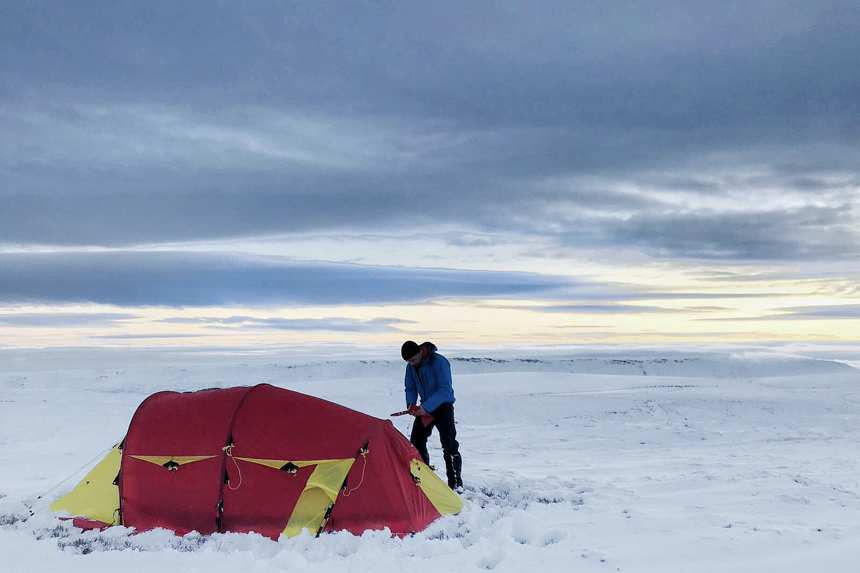
As time went by, I realised that adventure is not about where you are or even indeed, what you are doing. Adventure is how you feel. Excited. Scared. Happy. Homesick. Nervous. Enlightened. Free.
These are some of the feelings the children came up with. The importance of recognising adventure as a feeling, as a state of mind, is that it then truly becomes accessible to all because an adventure can be any relatable experience. Relevant to the individual, child or adult, experiencing it. Regardless of age, gender or ethnicity.
Starting a new job. Exploring the local park. A new school. A trip to the seaside. A first date.
This new realisation, once promoted, then starts to address the second part of my childhood experience of adventure. The complete lack of diversity and inclusion.
If adventure is seen as achievable then the spirit of adventure, the confidence to be curious, will grow within those that want to reach out and explore. Whether that be their local area or an unclimbed summit.
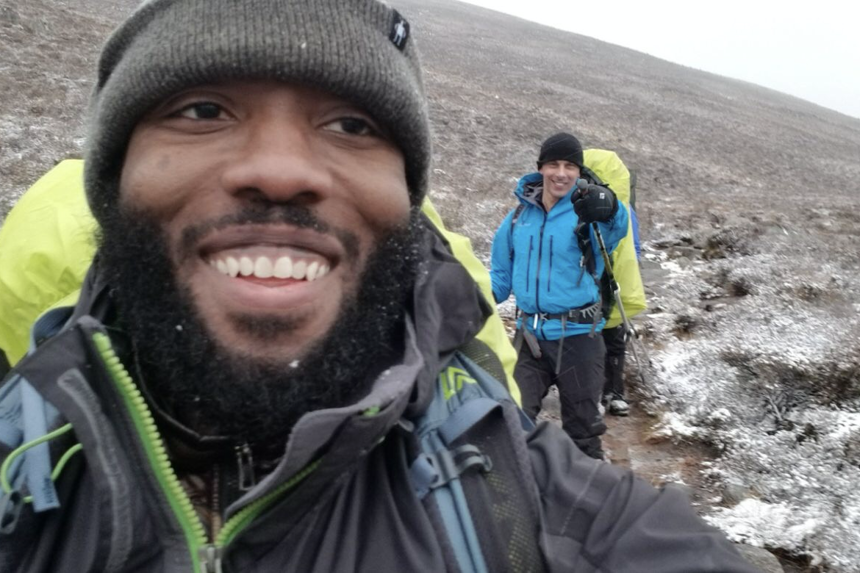
'Adventure is an experience that makes me feel, that allows me to connect with people, the environment and myself. That allows me to grow.'
We went on to explore how we deal with these feelings. “What do you do when you get scared and you are alone”, I was asked. “I sing. Which is something I should only ever do alone so I don’t scare others”, was the reply (no, seriously, there should be a label on me somewhere).
The personal growth that occurs from adventure we are told about, again, does not come from the activity. It comes from how we deal with the developing thoughts and feelings we experience as our journey unfolds.
The biggest challenge facing the ‘outdoor’ community today to redefine adventure, is not only to vanguard and promote diversity and inclusion, but to ensure that the essence of adventure is portrayed in a relatable and accessible way to all. If we do not we are in danger of changing the players but not the story.
Galvanised to be bolder, braver and have even more fun, the children spent the rest of the afternoon discovering bigger, more impressive camp pets (The Frog With No Name) and readied themselves for the ‘night-time forest walk’.
My definition of adventure today is an experience that makes me feel. That allows me to connect with people, the environment and myself. That allows me to grow.
By the way, if, by chance, you would like to hear me sing, I have daily outbursts in my bathroom and kitchen most evenings.
